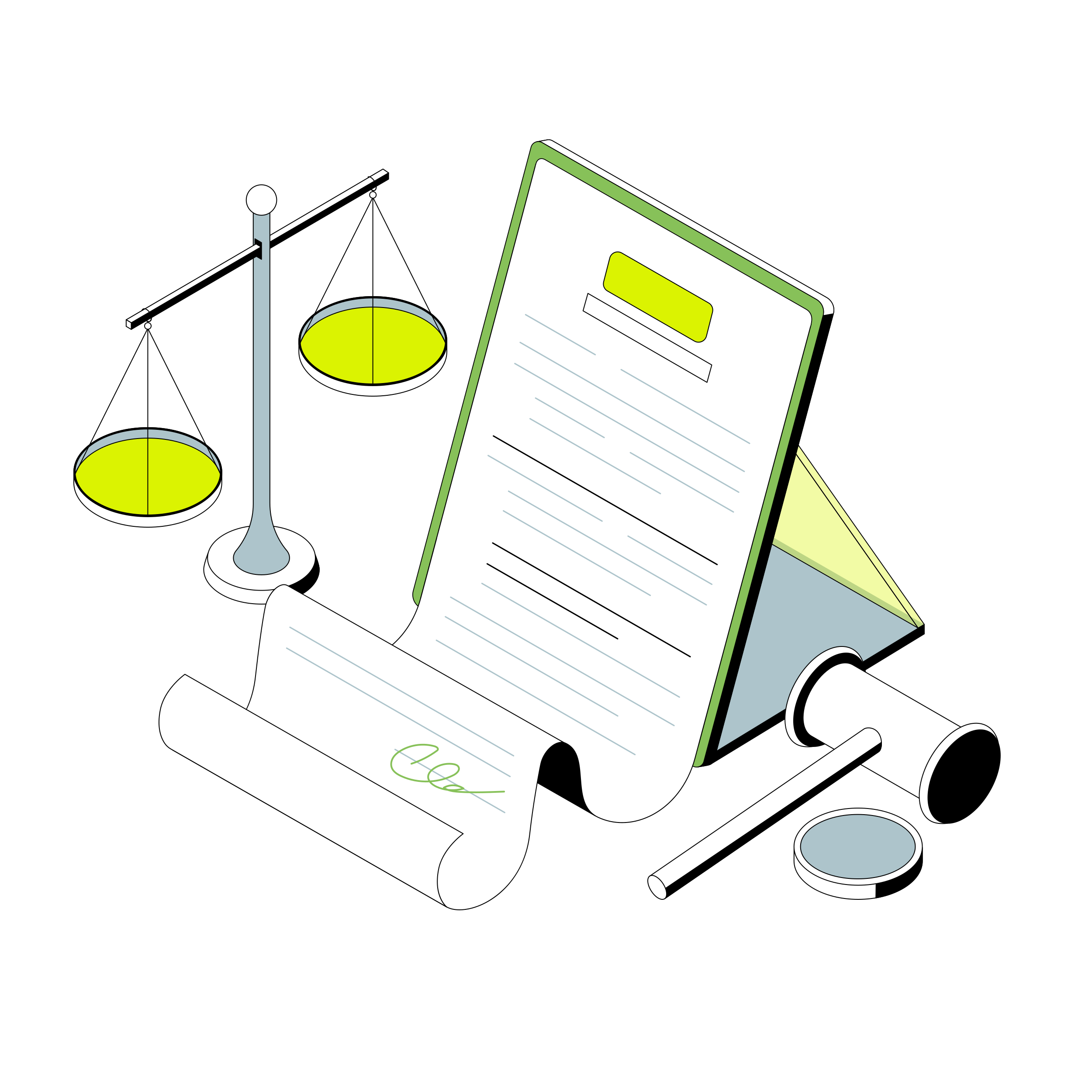Call us now:

How does one work with a lawyer?
Interesting analogy. The best way to have a successful relationship with your attorney is:
First, select an attorney that focuses his or her practice in the area of law you need help. Check out the telephone book and online listings. While there are still a few general practice law firms, most firms limit the scope of their representation from four to six interrelated areas of law.
One of the first questions you may be asked when you call a law firm is to briefly explain your problem. This allows a staff person or the attorney to quickly determine if (s)he can help you or if you need to see someone else about representation. Some legal issues require custom solutions, knowledge and experience a general practice attorney might not have.
Second, at your first meeting the best thing you can do is to come prepared. Gather and organize your documents and any materials that pertain to the matter and bring them with you. The legal staff at the law firm can help you identify what is relevant and in some cases the attorney can supply you with a list of the kinds of documents you might need. You can save the attorney time and you money if you are prepared to discuss the situation candidly, pointing out the weaknesses of your matter as well as its strengths, and clearly identify what your goals are. This may require you to jot down a few names, addresses and phone numbers, and even make notes before you go to the appointment. Be truthful. Your information will be kept confidential, unless you give permission for your attorney to talk with others.
Third, many legal matters have emotional components. Some attorneys are more comfortable than others dealing with family and personal issues. You want to select an attorney that you believe will be responsive to your needs. Some attorneys give free presentations to small groups and this might be a good way to learn not only about a legal subject area, but also the attorney’s expertise and if you would like dealing with him or her on your own legal matters.
Fourth, don’t be afraid to ask questions of your lawyer. Things you might ask include:
What is your experience in this area of law?
Who else in your office will be handling my case and how do you assign tasks?
How do you bill and how much do I need to put down?
What alternatives are there for resolving my situation?
How often will I hear from you? How will my calls be handled?
How long will it take to resolve my legal matter?
Fifth, understand that your lawyer has other clients who are equally deserving of the lawyer’s time, attention and efforts. Court matters take priority – a client may have waited for several years for their day in court. Settlement negotiations, last minute witnesses and evidence issues pop up, hearings go longer than expected, and orders that need to be prepared can really mess with scheduled appointments. There are always filing deadlines and true client emergencies that require a lawyer’s immediate attention. Attorneys are small business owners so equipment malfunctions and staffing issues can easily prevent an attorney from promptly dealing with your matter or even keeping a scheduled appointment. Be courtesy and respectful to the attorney’s staff. I assure you that cursing and rudeness to a receptionist, legal assistant or paralegal get back to the lawyer and reflect poorly on you.
Disclaimer: Information contained in this column is meant to be of general information on frequently asked questions concerning disability, elder law, estate planning and probate law, and does not contain specific legal advice to a client. No attorney-client relationship is created by reading this column.
WRITTEN BY LINDA KNAPP
You may reprint this article with my permission by showing the Firm’s name and attaching my contact information. If you wish to cite the article you must give full credit to the author, Attorney Linda Farron Knapp. Nothing in this article creates an attorney-client relationship. When the article was written it was good law, that may not be situation at the time of reprint. We advise you seek competent legal advise based on your own factual situation before relying or acting on any legal material you read online.